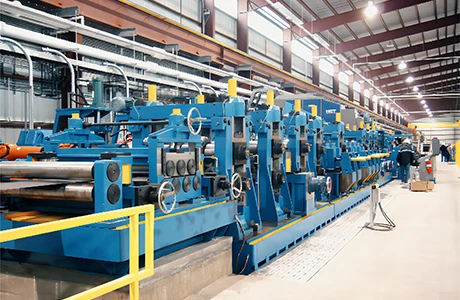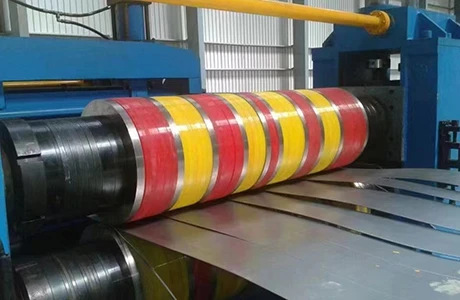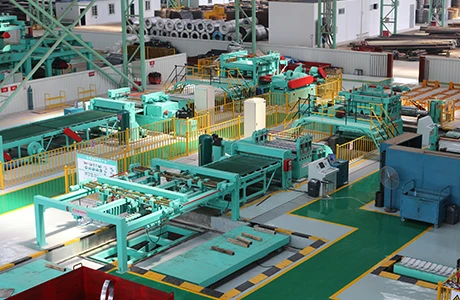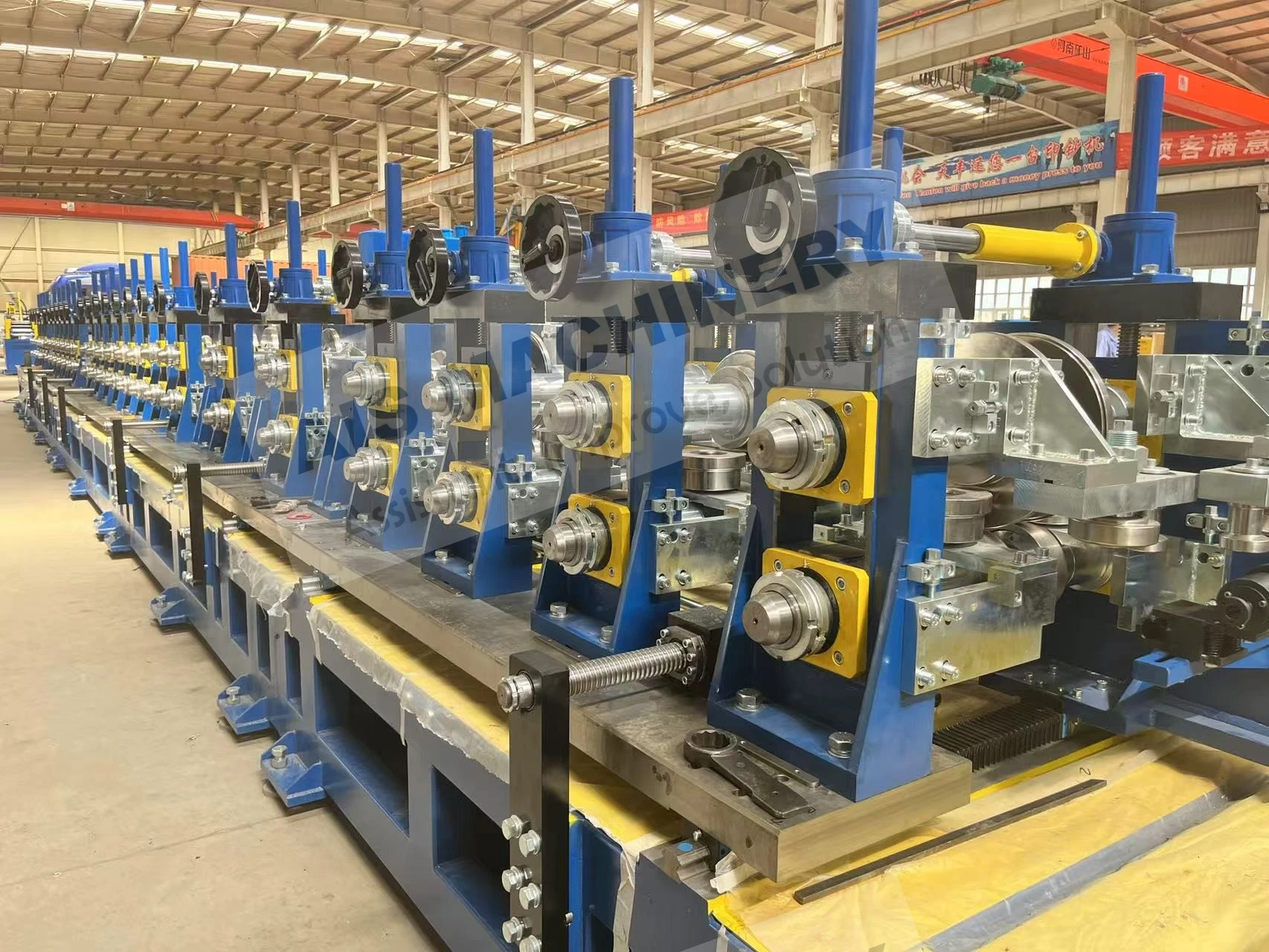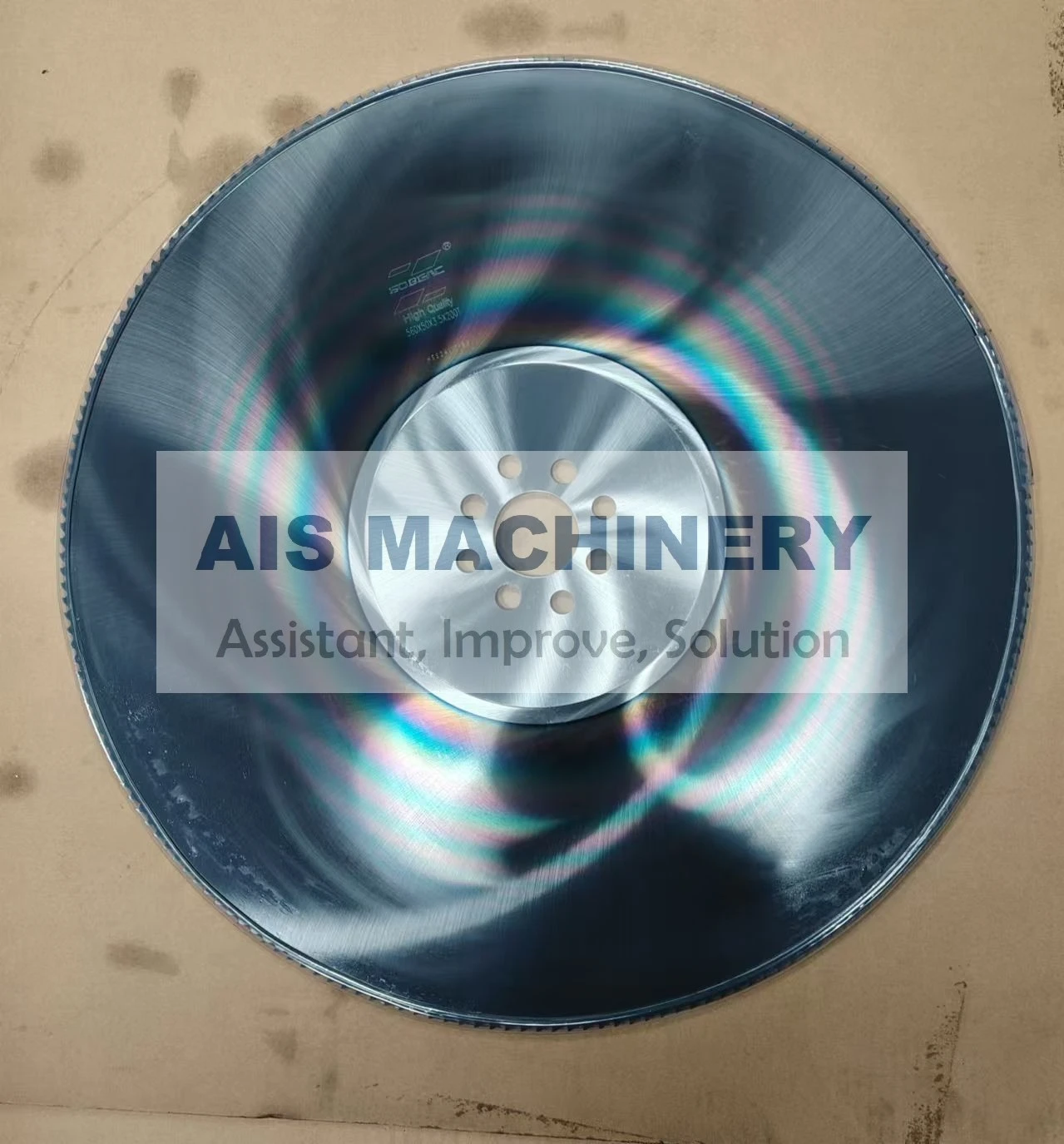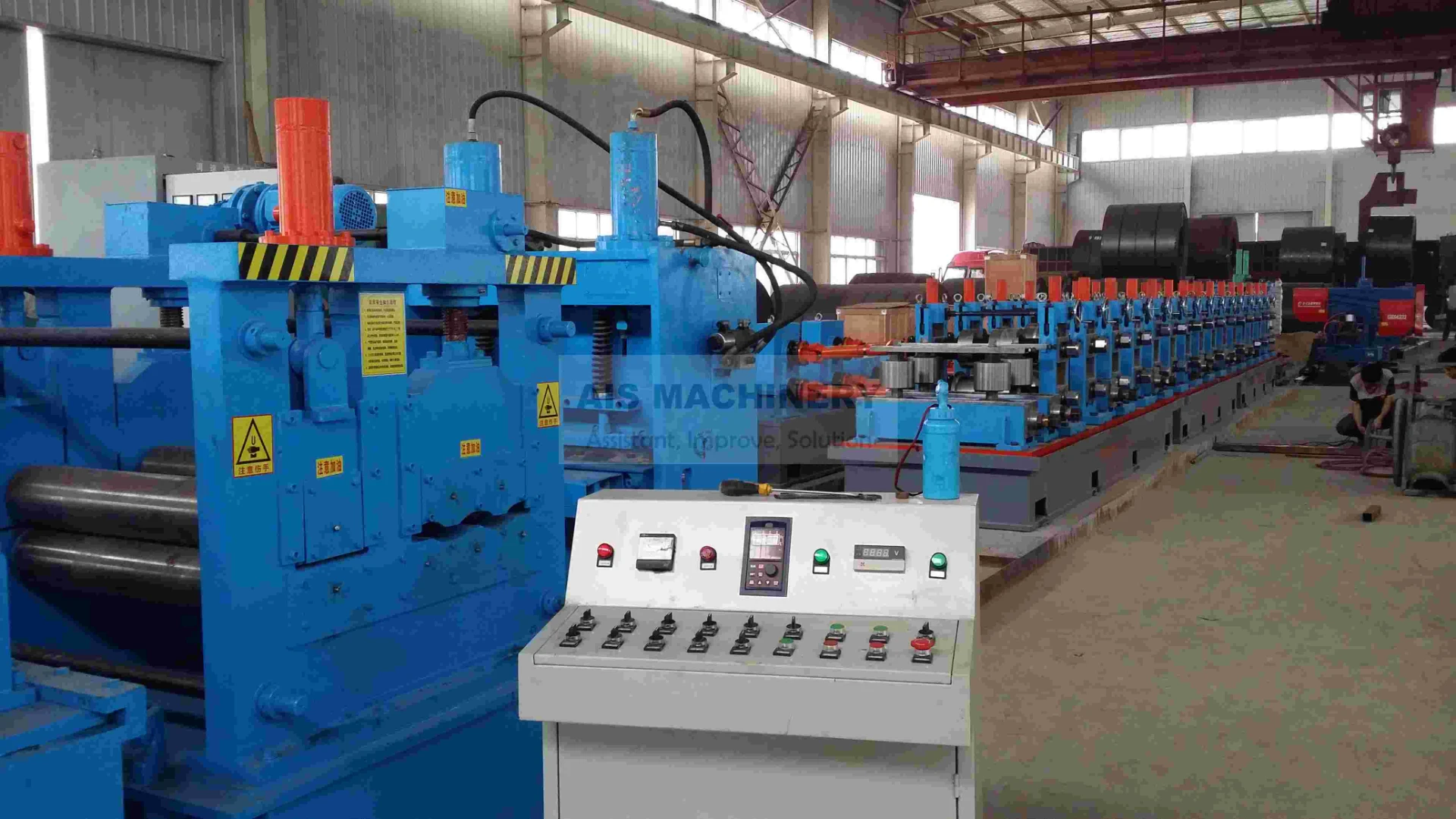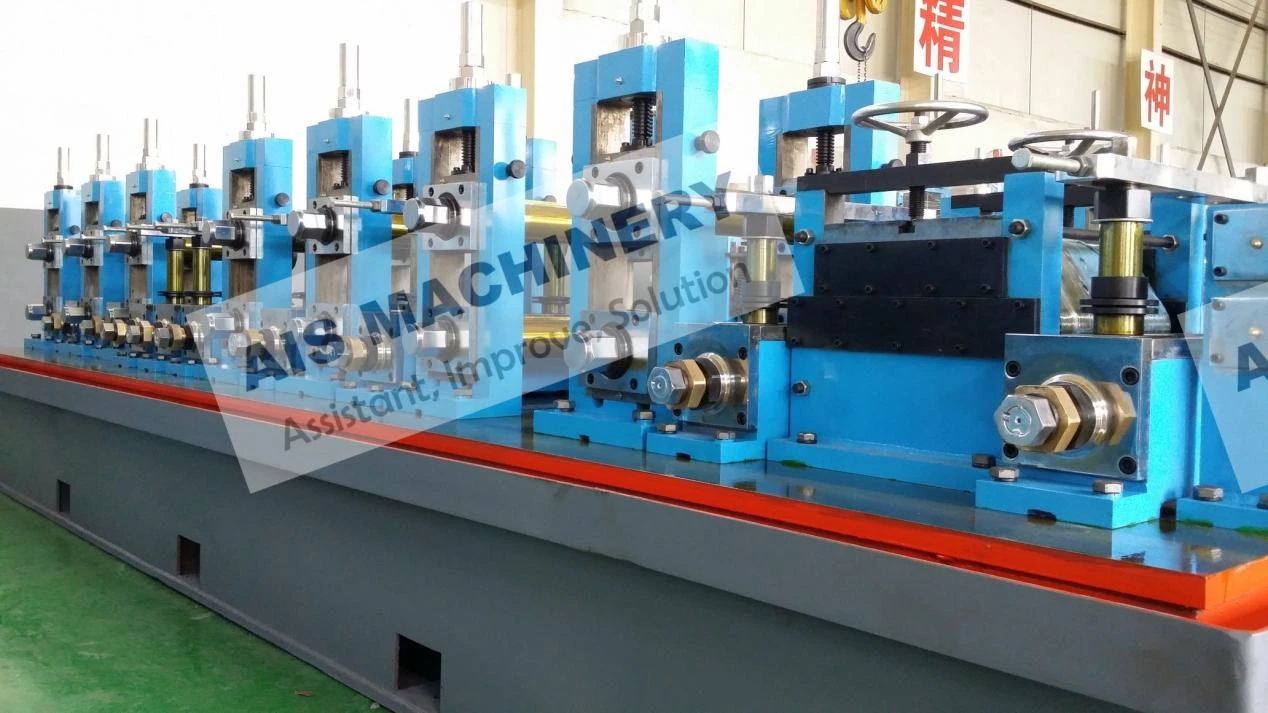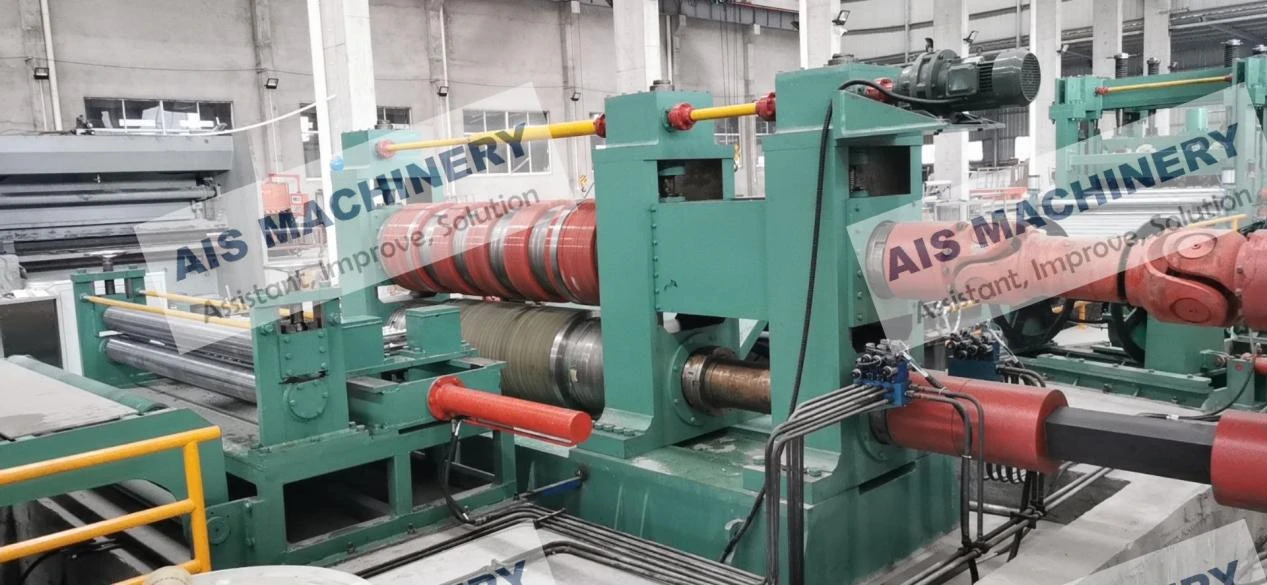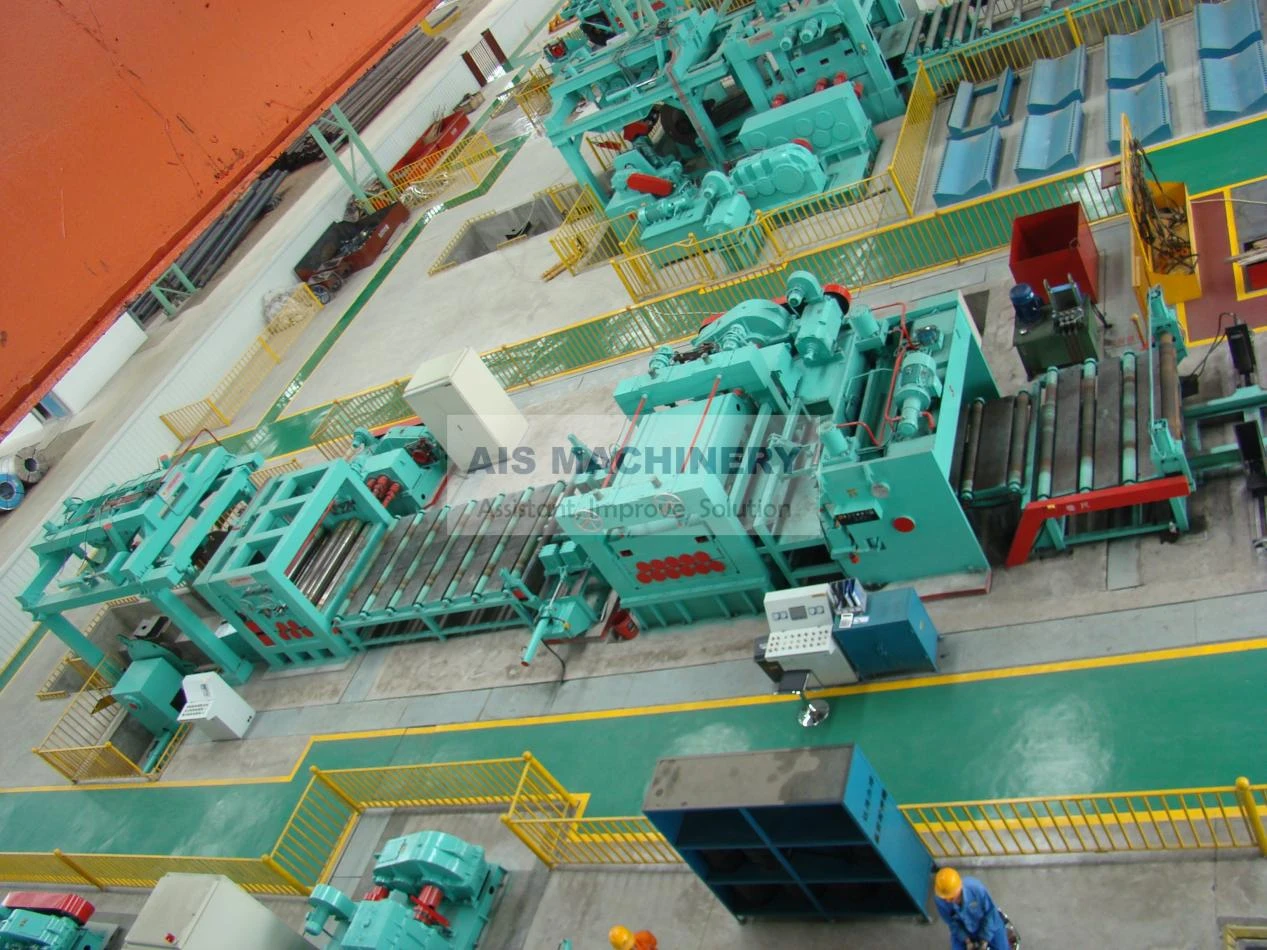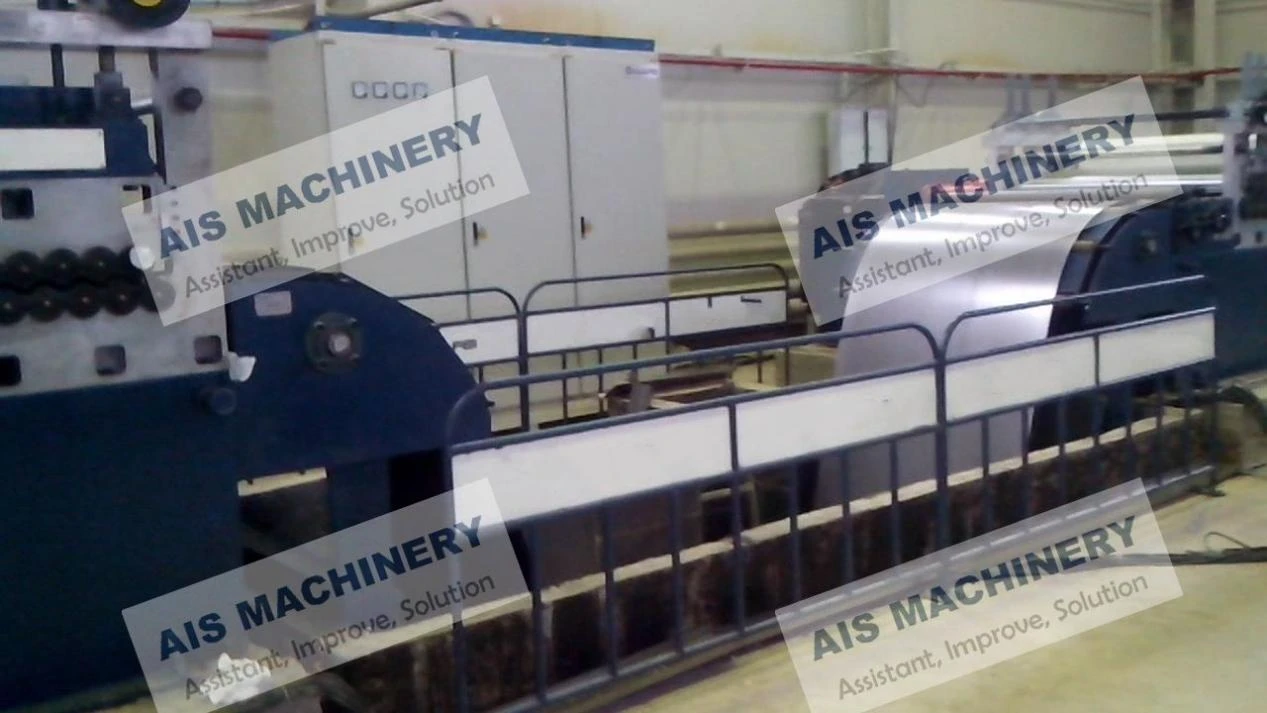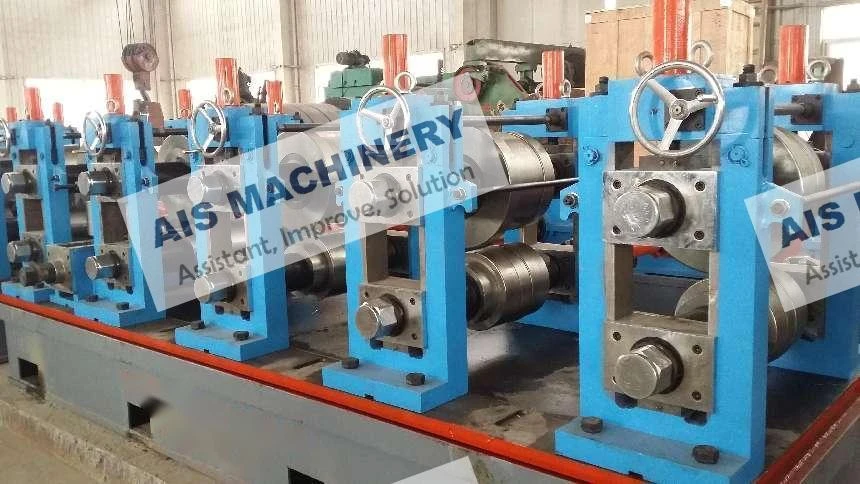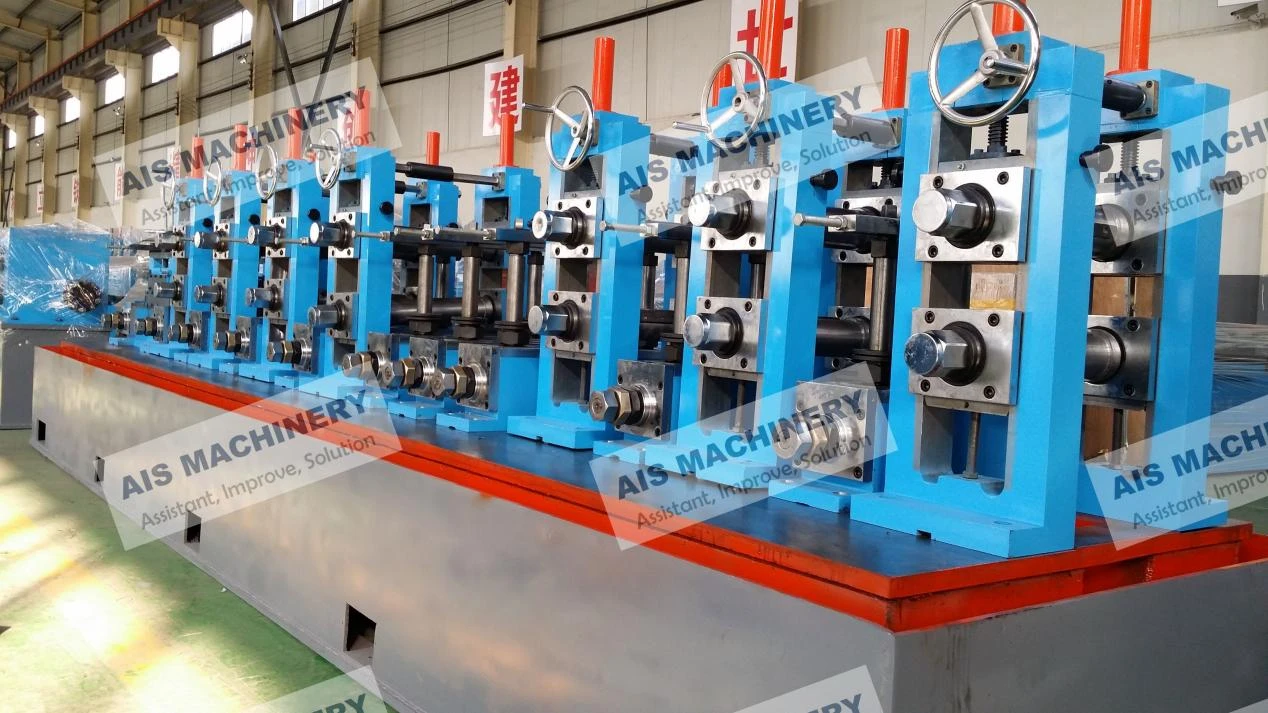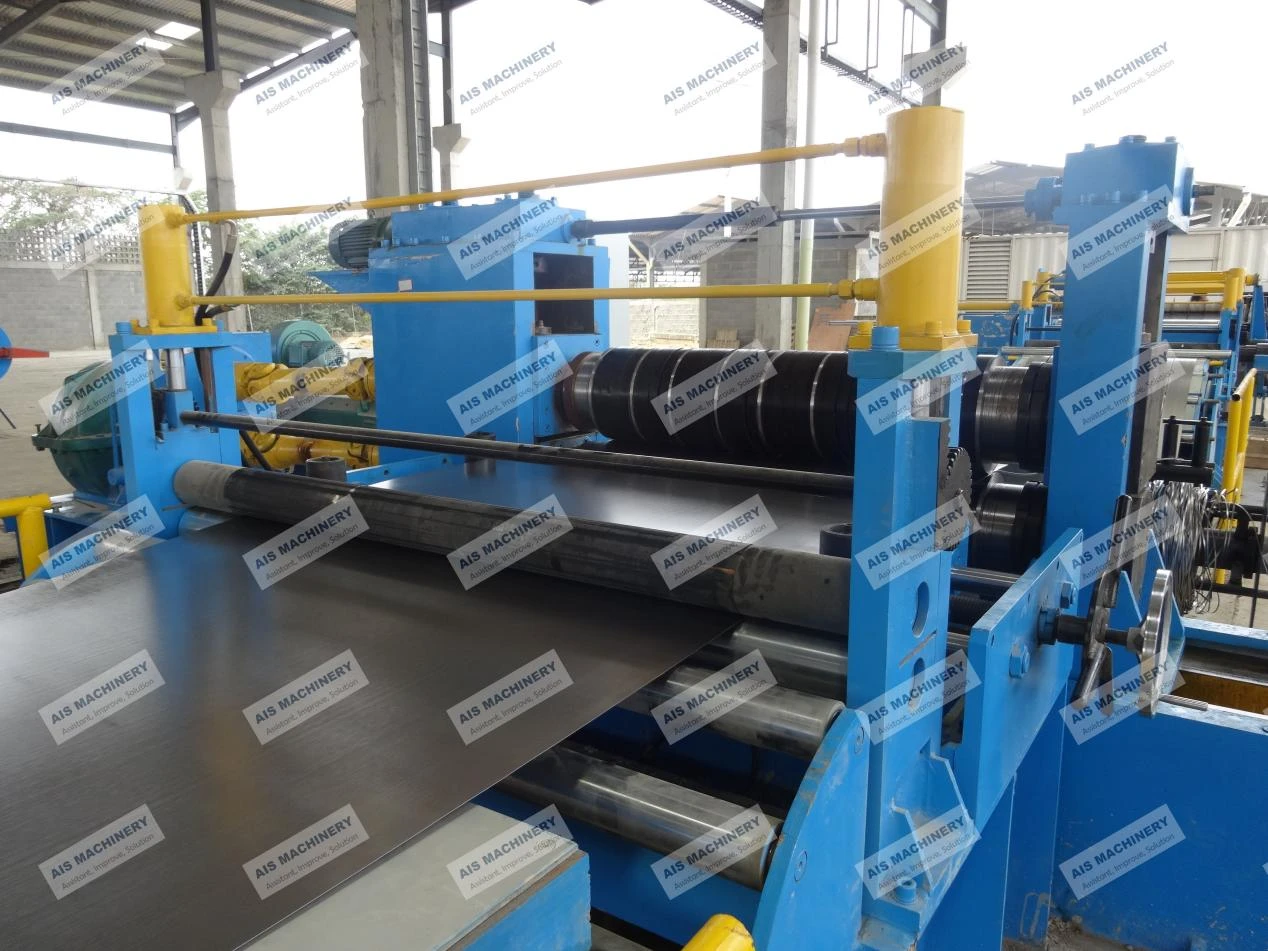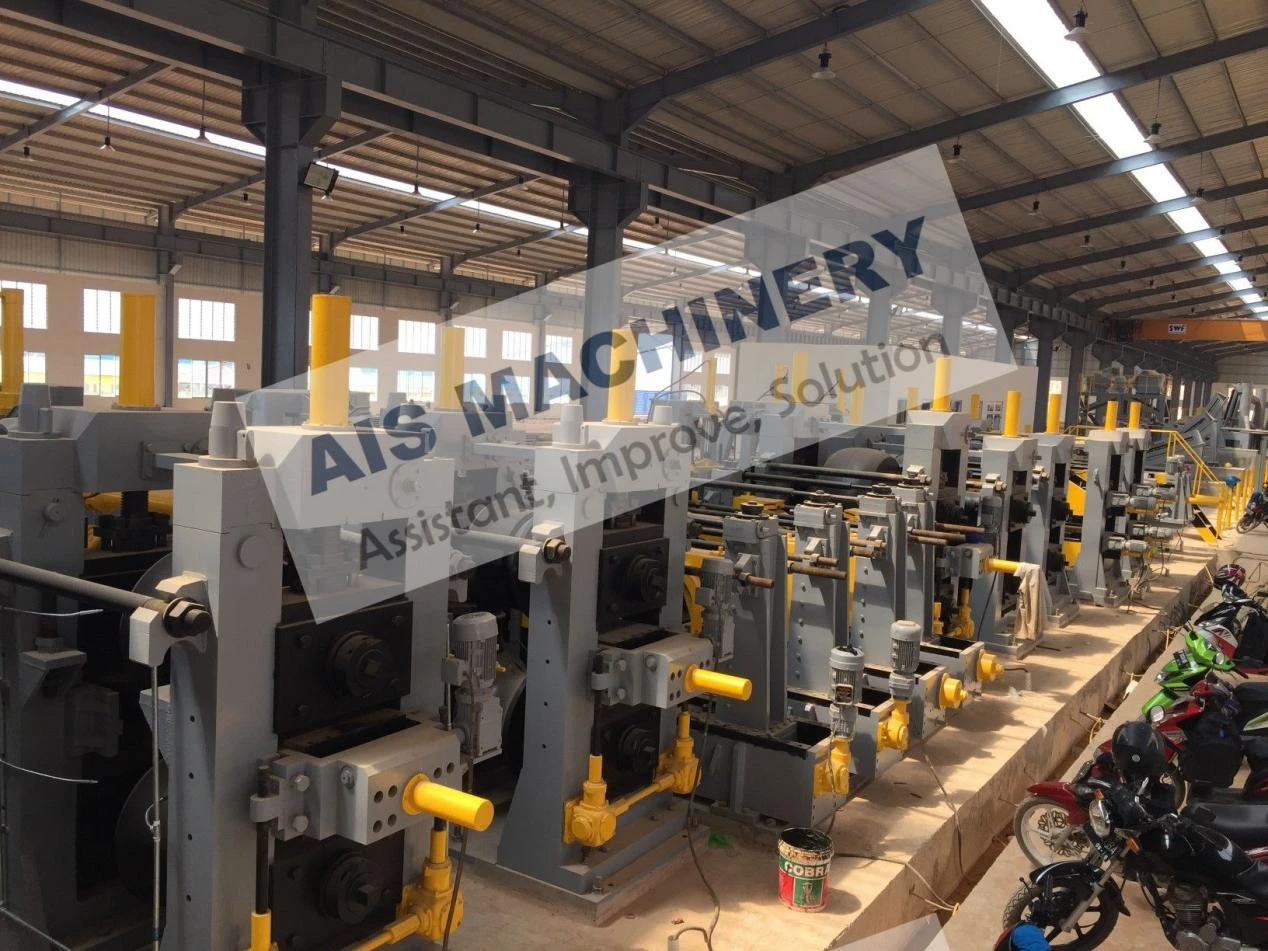-
 Tel:86-15176910262
Tel:86-15176910262
-

Search
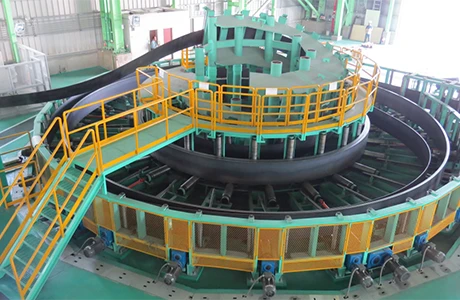
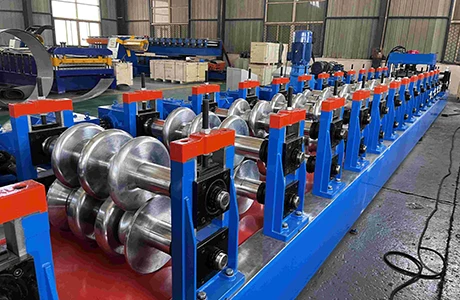
Polyaspartic Acid (PASP) Enhances Agricultural Fertilizer Efficiency | Green Solutions for Sustainable Farming
Јул . 12, 2025 03:54
Polyaspartic Acid (PASP) Enhances Agricultural Fertilizer Efficiency | Green Solutions for Sustainable Farming
As global agricultural demands continue to rise, the need for efficient and sustainable fertilizer solutions has never been more critical. Hebei Xietong Chemical Co., Ltd., a leading provider of green agricultural chemicals, offers Polyaspartic Acid (PASP)—a revolutionary fertilizer additive designed to improve nutrient absorption, reduce environmental impact, and optimize crop yields. This article explores the science behind PASP, its applications in modern agriculture, and how it empowers farmers and agribusinesses to achieve higher productivity while embracing eco-friendly practices. Learn more about our PASP products.

Introduction: The Future of Agricultural Fertilizers
With the global population projected to reach 10 billion by 2050, the agricultural sector faces immense pressure to produce more food with fewer resources. Traditional fertilizers often lead to nutrient runoff, soil degradation, and environmental pollution, creating a pressing need for sustainable alternatives. Hebei Xietong Chemical, a pioneer in green chemistry, has developed Polyaspartic Acid (PASP) to address these challenges. PASP is a biodegradable, amino acid-based polymer that enhances fertilizer efficiency, reduces chemical waste, and promotes healthier crop growth. By integrating PASP into their farming practices, agricultural businesses can achieve cost savings, environmental compliance, and long-term profitability. Explore our company’s commitment to innovation.
What is Polyaspartic Acid (PASP)?
Polyaspartic Acid (PASP) is a synthetic polymer derived from aspartic acid, a naturally occurring amino acid. Its unique molecular structure allows it to act as a chelating agent, binding to essential nutrients like nitrogen, phosphorus, and potassium, and releasing them gradually into the soil. This controlled release mechanism ensures that plants absorb nutrients more efficiently, minimizing waste and maximizing yield. PASP is also highly compatible with both organic and synthetic fertilizers, making it a versatile solution for diverse agricultural needs.
Key Features of PASP:
- Biodegradable: PASP breaks down naturally in the environment, reducing long-term ecological impact.
- High Solubility: It dissolves easily in water, ensuring uniform distribution in soil and irrigation systems.
- Enhanced Nutrient Uptake: By improving root absorption, PASP reduces the need for excessive fertilizer application.
- Soil Health Improvement: It promotes microbial activity and enhances soil structure over time.
For more details about PASP’s chemical properties, visit our product page.
Market Demand and Industry Challenges
The agricultural sector is grappling with several critical challenges, including rising production costs, soil degradation, and the environmental consequences of conventional fertilizers. According to the Food and Agriculture Organization (FAO), excessive fertilizer use has led to nutrient runoff, contributing to water pollution and greenhouse gas emissions. Additionally, the global fertilizer market is projected to grow at a CAGR of 3.5% from 2023 to 2030, driven by the need for higher crop yields. However, this growth must be balanced with sustainability goals.
How PASP Addresses These Issues:
- Reduces Fertilizer Waste: PASP’s slow-release mechanism ensures that nutrients are available to plants when needed, cutting down on excess application.
- Minimizes Environmental Impact: By preventing nutrient leaching, PASP helps protect waterways and reduce soil acidification.
- Cost-Effective: Farmers can achieve higher yields with lower fertilizer inputs, directly improving their bottom line.
Our PASP products are engineered to meet the evolving demands of modern agriculture, offering a sustainable alternative to traditional chemical fertilizers.
Company Background: Hebei Xietong Chemical Co., Ltd.
Founded in [Year], Hebei Xietong Chemical Co., Ltd. has established itself as a leader in the development of eco-friendly agricultural solutions. With over [X] years of expertise in green chemistry, the company specializes in creating innovative products that align with global sustainability goals. Their research and development (R&D) team, comprising chemists and agronomists, continuously works to improve the performance and accessibility of their offerings.
Key Achievements:
- ISO 14001 Certification: Demonstrating our commitment to environmental management and sustainable practices.
- Global Distribution: Our products are exported to over [X] countries, serving farmers and agribusinesses worldwide.
- Customized Solutions: We provide tailored formulas to meet the unique needs of different crops and soil conditions.
At Hebei Xietong Chemical, we believe that innovation and sustainability go hand in hand. Discover how our company is shaping the future of agriculture.
Technical Strengths and Innovation
Our Polyaspartic Acid (PASP) is the result of years of research and development, leveraging cutting-edge technology to deliver superior performance. Here’s a closer look at the technical aspects that set our product apart:
1. Advanced Formulation
PASP is formulated using high-purity raw materials, ensuring consistent quality and effectiveness. Our proprietary manufacturing process enhances its stability and compatibility with various fertilizer types, including urea, NPK, and liquid fertilizers.
2. Enhanced Nutrient Efficiency
Studies have shown that PASP can increase fertilizer efficiency by up to 30-40%, reducing the need for repeated applications. This not only lowers costs but also minimizes the risk of nutrient imbalances in the soil.
3. Environmental Compliance
PASP is designed to meet international environmental standards, including ISO 14001 and REACH regulations. Its biodegradable nature ensures that it does not accumulate in the ecosystem, making it a safe choice for farmers and regulators alike.
For detailed technical specifications, visit our product page.
Product Effects and Real-World Applications
Field trials and customer feedback highlight the transformative impact of Polyaspartic Acid (PASP) on agricultural practices. Here’s how PASP delivers tangible benefits:
1. Improved Crop Yield
By enhancing nutrient uptake, PASP ensures that crops receive the right amount of essential elements at the right time. This leads to healthier plants, stronger root systems, and higher yields. For example, a study conducted in [Region] showed a 25% increase in wheat production when PASP was used in conjunction with standard fertilizers.
2. Reduced Water Usage
PASP improves soil moisture retention, reducing the need for frequent irrigation. This is particularly beneficial in arid regions where water scarcity is a major challenge. Farmers using PASP have reported up to a 20% reduction in water consumption without compromising crop quality.
3. Enhanced Soil Health
Over time, PASP contributes to the development of a more fertile and balanced soil environment. It promotes microbial activity, which helps break down organic matter and release additional nutrients. This long-term benefit ensures that the soil remains productive for future growing seasons.
Explore how PASP has transformed agricultural practices in our customer success stories.
Customer Testimonials: Real Results, Real Trust
Don’t just take our word for it—here’s what our customers have to say about Polyaspartic Acid (PASP):
“Since integrating PASP into our fertilizer regimen, our crop yields have increased by 30%, and we’ve reduced our fertilizer costs by 20%. It’s a game-changer for our farm.” – John M., Large-Scale Soybean Farmer, USA
“PASP has helped us achieve more consistent harvests, even in challenging weather conditions. The environmental benefits are a huge plus for our business.” – Emily R., Organic Farming Cooperative, Canada
“As a distributor, I’ve seen a growing demand for sustainable solutions like PASP. Our clients appreciate the cost savings and the positive impact on their operations.” – David L., Agricultural Supplies Distributor, Australia
Read more customer testimonials and see how PASP is making a difference globally.
Usage Guide and Customization Options
Proper application is key to maximizing the benefits of Polyaspartic Acid (PASP). Below are guidelines for different agricultural scenarios:
1. Soil Application
PASP can be mixed directly into the soil during planting or applied as a top dressing. The recommended dosage varies depending on soil type and crop requirements. For best results, consult our technical support team for personalized recommendations.
2. Foliar Spraying
For crops like fruits and vegetables, PASP can be diluted and sprayed onto leaves. This method allows for rapid nutrient absorption and is ideal for addressing specific deficiencies during the growing season.
3. Irrigation Systems
PASP is compatible with drip and sprinkler irrigation systems. It ensures even nutrient distribution, reducing the risk of over-fertilization and promoting uniform crop growth.
Custom Solutions: At Hebei Xietong Chemical, we offer tailored formulations to suit the unique needs of your farm or business. Whether you’re growing wheat, rice, or specialty crops, our team can develop a PASP-based solution that aligns with your goals. Contact us to discuss your requirements.
Safety and Environmental Compliance
Safety is a top priority at Hebei Xietong Chemical. Our Polyaspartic Acid (PASP) is rigorously tested to ensure it meets the highest standards of safety and environmental responsibility:
- Non-Toxic: PASP is safe for humans, animals, and plants, making it ideal for use in both conventional and organic farming.
- Biodegradable: It breaks down naturally in soil and water, leaving no harmful residues.
- Compliant with Regulations: PASP adheres to international standards such as ISO 14001, REACH, and EPA guidelines.
For more information about our safety protocols, visit our safety and compliance page.
Packaging and Logistics
Our Polyaspartic Acid (PASP) is available in a variety of packaging options to accommodate different business needs:
- 25kg Plastic Drums: Ideal for small to medium-scale operations.
- 250kg Intermediate Bulk Containers (IBCs): Suitable for large farms and distributors.
- Custom Packaging: We can tailor packaging to meet your specific requirements.
Our logistics network ensures timely delivery to customers worldwide. Whether you’re in Asia, Europe, or the Americas, we guarantee reliable and efficient shipping. Contact our sales team for pricing and delivery details.
Customer Support and After-Sales Service
At Hebei Xietong Chemical, we are committed to providing exceptional customer support. Our team of experts is available to assist with:
- Technical Consultation: Guidance on product application, dosage, and integration with existing farming practices.
- Training Programs: Workshops and online resources to help you maximize the benefits of PASP.
- Custom Solutions: Development of specialized formulas for unique agricultural challenges.
We also offer a 100% satisfaction guarantee, ensuring that our customers receive the support they need to succeed. Get in touch with our support team.
Q&A: Answers to Common Questions
Q1: How does PASP improve fertilizer efficiency?
A: PASP enhances nutrient uptake by chelating essential elements and releasing them gradually, reducing waste and ensuring optimal plant growth.
Q2: Is PASP suitable for all crop types?
A: Yes, PASP is compatible with a wide range of crops, including cereals, vegetables, fruits, and specialty crops. Our team can provide tailored recommendations based on your specific needs.
Q3: Does PASP have any environmental risks?
A: No. PASP is biodegradable, non-toxic, and compliant with global environmental standards. It does not accumulate in the ecosystem or harm aquatic life.
For more FAQs, visit our FAQ page.
Conclusion: Embrace Sustainable Agriculture with PASP
Polyaspartic Acid (PASP) from Hebei Xietong Chemical is a powerful tool for modern agriculture, offering a sustainable solution to enhance fertilizer efficiency, reduce costs, and protect the environment. By integrating PASP into your farming practices, you can achieve higher yields, healthier crops, and long-term profitability. Discover how PASP can transform your agricultural operations today.
For further information, visit our company website or contact us directly at sales@thinkdochemicals.com.
Related Products
Related News
Send a Message
Dear customer, thank you for your attention! We provide high-quality machinery and equipment and look forward to your orders. Please inform us of your needs and we will respond quickly!

